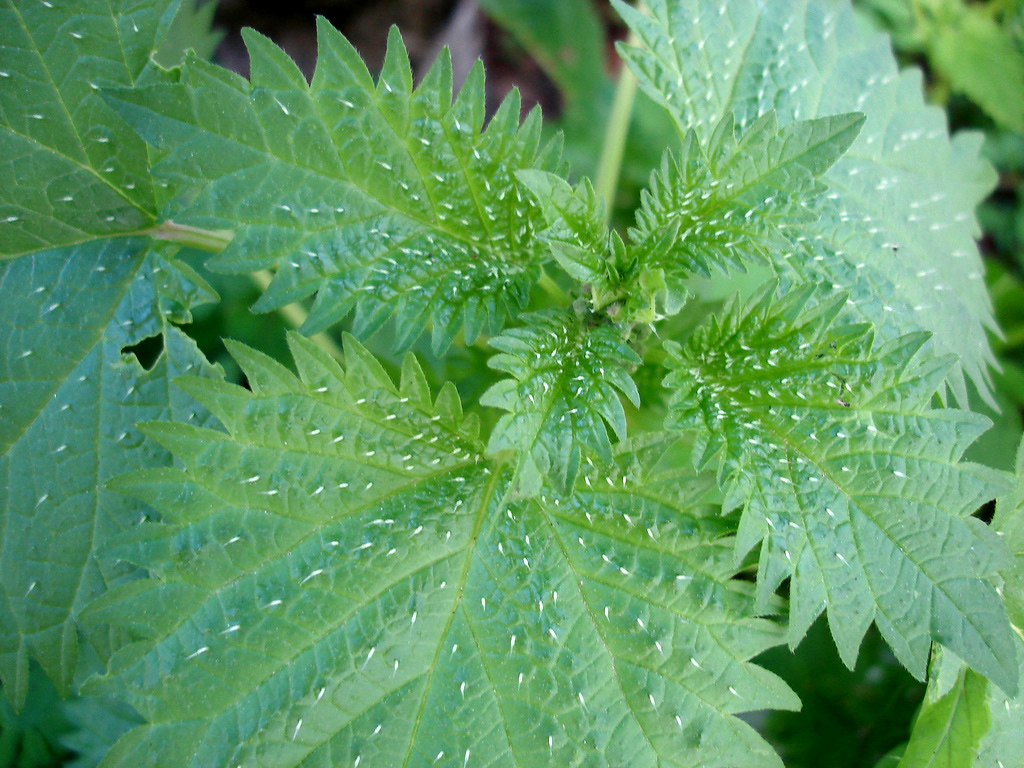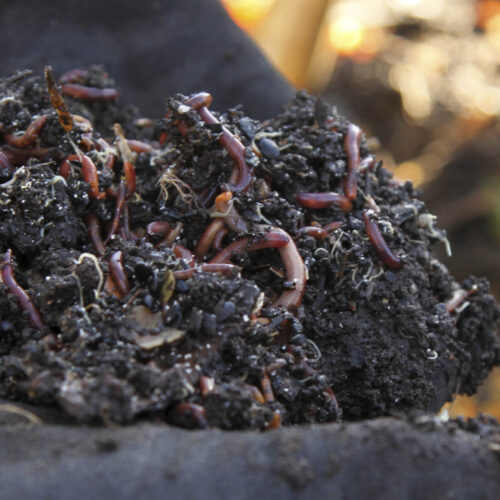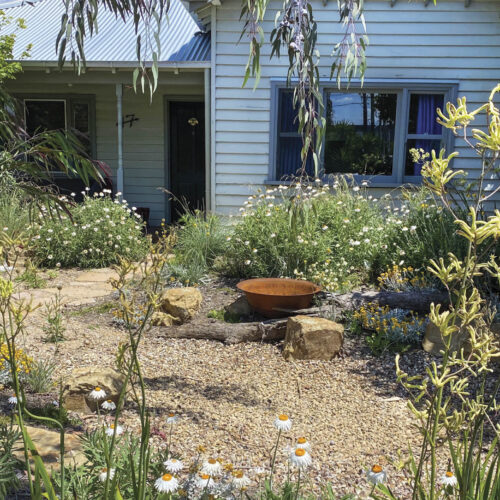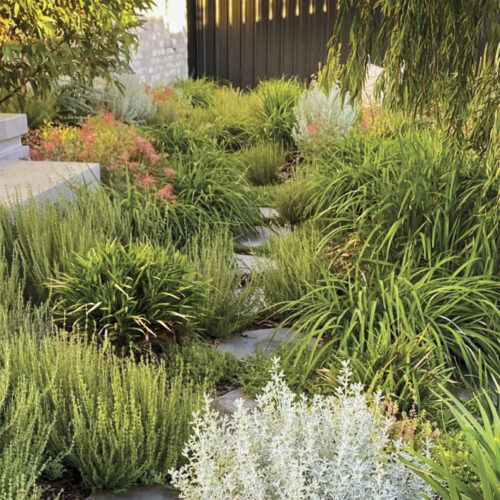Virtuous Weeds
2012-02-17T00:09:23+11:00
A week of rain, followed by a week of sun results in a massive crop of weeds in JUSTIN RUSSELL's garden. Can he turn a problem into a tasty solution?
The bane of my gardening existence at the moment is weeds. We’ve had a couple of weeks worth of persistent rain, followed by some warm, dry weather – perfect conditions for weed seeds to germinate, and then start growing with intensity. The garden’s in serious danger of being swamped under a jungle of thistles and spurge.
Rather than get too hung up on the problem, I try to turn it into a solution as much as possible. I pile certain annual weeds (that are yet to produce seed) on the compost, and have identified quite a few edible plants that I’m all too happy to throw to our eight chooks. Where I see an invasive pest, chooks see a delicacy just waiting to be devoured. They can’t get enough!
One of the golden rules when doing any sort of foraging, particularly when dealing with potentially poisonous species, is to be able to positively identify a plant before consuming it, or feeding it to livestock. You don’t want to be feeding your chooks something toxic, so it’s vital that you are 100% certain that a plant is what you think it is. If in doubt, chuck it on the compost or bag and bin it.
Some of the edible weeds I’ve identified in my garden include dandelions, purslane, milk thistle, stinging nettle, plantain, chick weed, warrigal greens (must be cooked before eating), and amaranth. Some nasties include blackberry nightshade, morning glory, thorn apple, English ivy, and spurge.
Nineteenth century American philosopher Ralph Waldo Emerson famously said that “a weed is a plant whose virtues are yet to be discovered”. I think he was probably right, but the virtues of some weeds are more obvious than others. The worst weed in my garden is a prostrate spruge (euphorbia) with glaucous leaves. It’s known locally as caustic weed, because of it’s mildly irritating, milky sap. I’ve never seen anything self seed so prolifically, and I fail to find any redeeming value in a plant that is toxic, and has a penchant for invasiveness even greater than the armies of ancient Rome. If I can rid my garden of the stuff, I will.
Other weeds are welcome. Chick weed, for example, never gets too out of control and is absolutely adored by poultry. As for stinging nettles, I wish I actually had a little patch of them growing in an out of the way corner so that I could make nettle pasta and some highly beneficial weed tea. Unlike the spurge, I’m actualy pleased to have it around. Perhaps old Ralph should have said: “some weeds are more virtuous than others”.
Photo by Rahel Shannon via flickr.com






